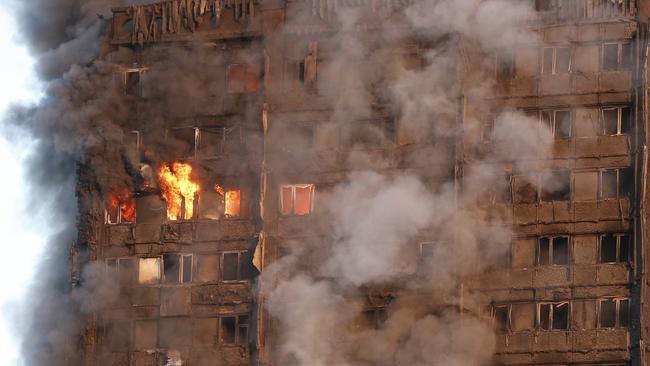MP raises concerns about Australian building materials after deadly London inferno
INDEPENDENT senator Nick Xenophon has called for an urgent audit into buildings suspected of containing illegal materials after the London tower block fire.
National
Don't miss out on the headlines from National. Followed categories will be added to My News.
- Eerie warning: ‘It’s a recipe for disaster’
- Celebs offer ‘bed and tea’ after fire
- Heroes of London’s fire tragedy
- How the London blaze unfolded
- Bodies perish in London inferno
THE deadly London inferno that saw flames leap from floor to floor through the 24-storey Grenfell Tower block has set off alarm bells in Australia.
Independent senator Nick Xenophon has called for an urgent audit of high rise buildings amid warnings that flammable material could lead to a West London-style tragedy in Australia.
In the wake of a 2014 high-rise fire in Melbourne, fire authorities told a Senate inquiry that cladding around the Lacrosse building had been combustible and contributed to spread of the blaze.
Senator Xenophon said investigations were needed to ensure cladding materials complied with Australian standards.
“The non-conforming ACP cladding in the Lacrosse building fire was combustible and contributed to rapid-fire spread and greater risk to the community and fire fighters than should
have occurred,’’ Senator Xenophon said.
“The London building tragedy demonstrates how critical it is to ensure that Australian building products comply with all Australian standards and regulations.”
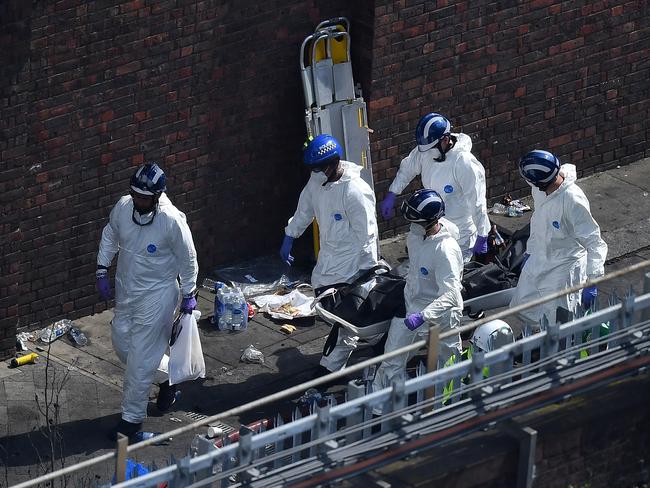
Senator Xenophon is on the Senate committee to hand down a report this year on nonconforming building projects.
He told The Australianthe London blaze was a “much more serious version of Lacrosse”, referring to the fire that engulfed Melbourne’s Docklands in less than 11 minutes.
The Senate inquiry formed in June 2015, seven months after the fire.

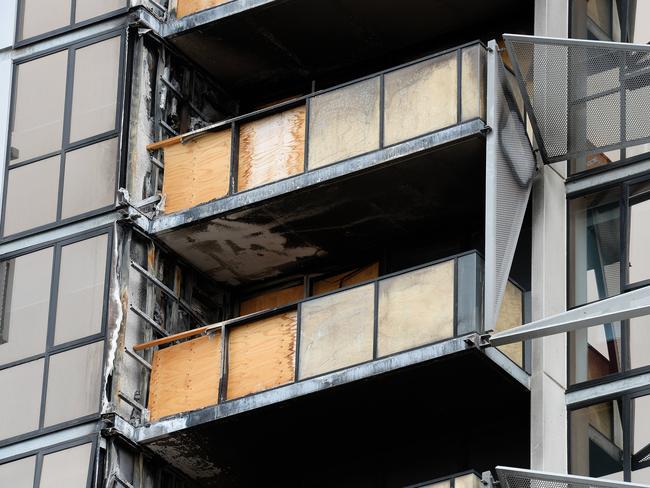
It was determined the Lacrosse fire was started by a cigarette on a cluttered balcony, according a report into the blaze by the Metropolitan Fire Brigade.
The report criticised the use of illegal cladding imported cheaply from China and installed in breach of Australia’s building code and fire and safety regulations.
Construction, Forestry and Mining Union SA secretary Aaron Cartledge said cladding around buildings was supposed to contain fire-retardant “sandwich” material. But Mr Cartledge said cheap non-compliant filler material imported from China could actually be highly-flammable.
“There should be an assessment done to make sure these things are a fire retardant and not a fire hazard,’’ Mr Cartledge said.
“There could be apartment blocks in the city that have used these cladding systems so that we’re sitting on a ticking time bomb if a fire ever broke out.’’
Mr Cartledge said developers could sometimes be tempted to import low-cost filler materials which didn’t’ comply with didn’t comply with the Australian standard.
“It’s supposed to be fire retardant and not burn. Some of the products that have been coming in have actually been highly flammable,’’ he said.

The cladding used was Alucobest — aluminium on the outside and polyethylene fibre on the inside.
Jeff Wilkinson, one of Britain’s leading building inspectors and fire engineers, told ABC’s Radio National on Thursday morning the Grenfell Tower block fire was the “worst tragedy” he’d seen in 30 years.
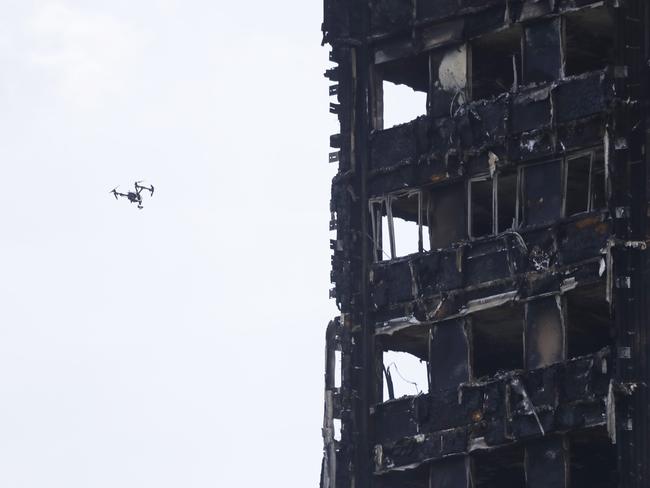
“In all our experiences this is the worst tragedy we’ve ever seen... I’ve never seen a building go up in this way,” he said.
An £8.6million (AU$14.5 million) refurbishment of Grenfell Tower was completed in 2016. Construction firm Rydon said it was “shocked to hear of the devastating fire”.
“Work met all required building control, fire regulation and health & safety standards,” Rydon said, according to The Sun.
Mr Wilkinson said while fingers were being pointed at the building’s aluminium cladding — part of refurbishment works that were carried out — it was still too early to determine what caused the blaze to spread so rapidly.
“Something serious has gone wrong here,” he told host Fran Kelly.
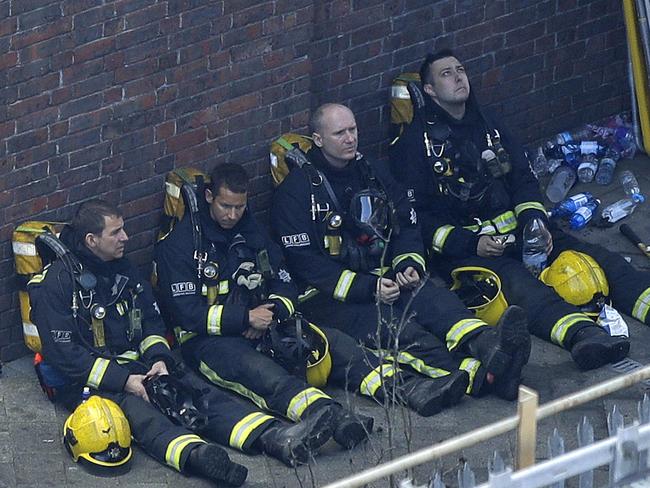
“We have certainly seen in the past fires from 1992 and more recently where the fire has spread up the gap between the external cladding panel and the original face of the building... which draws the fire up at a higher rate.
“That in itself shouldn’t have caused the fire to have spread the way it has, it would have to have broken back into the building and then having got into building.
“It could have been that the fire spread both internally and externally but it’s far too soon to determine if that was the cause.”
Originally published as MP raises concerns about Australian building materials after deadly London inferno

